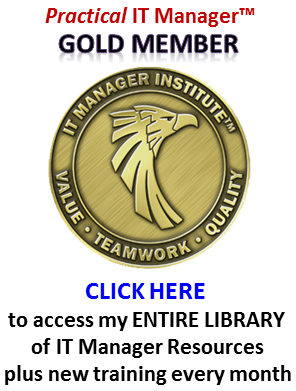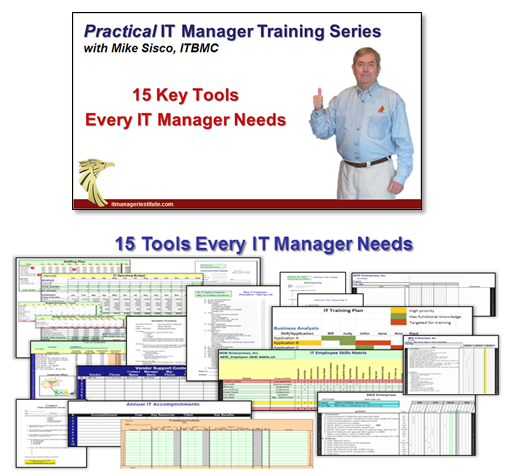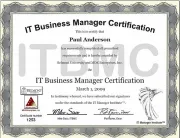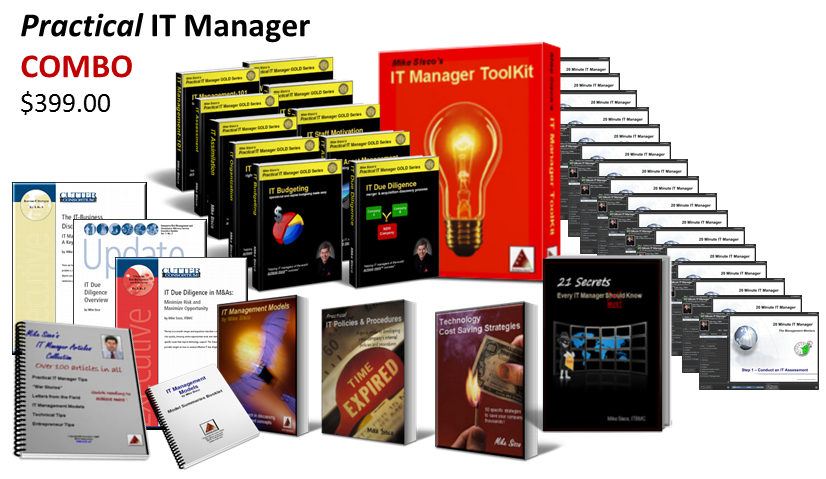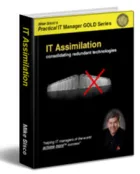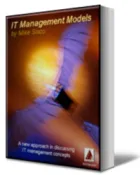 Are you organized? Do others think you are organized?
Are you organized? Do others think you are organized?
If not, you need to get there if you want to improve your productivity and success.
I carry three key items with me, , , along with my laptop :
- Cell phone
- Notebook
- Calendar
 Can’t live without a cell phone, , , although there are times when I wish we could. Actually, cell phone technology has come a long way. My preference – an iPhone.
Can’t live without a cell phone, , , although there are times when I wish we could. Actually, cell phone technology has come a long way. My preference – an iPhone.
The notebook is simply for taking notes and has a document flap to hold my small pocket calendar, a few brochures, and some business cards. Lightweight and small is what I prefer, , , when I travel it needs to fit in my brief case and take up minimal room.
I have tried to use a PDA (personal digital assistant), but just didn’t like it as much as the pocket calendar, pen and paper notebook system I’ve used my entire career.
 A small pocket calendar is used to schedule appointments and I have a technique to track travel miles for tax purposes. I prefer a monthly presentation scheme so when I open it up, I see all the days and appointments for an entire month. Many people prefer weekly formats because they have more room for notes, , , but for me, it makes the calendar too big and bulky. I want everything I use to be small and lightweight.
A small pocket calendar is used to schedule appointments and I have a technique to track travel miles for tax purposes. I prefer a monthly presentation scheme so when I open it up, I see all the days and appointments for an entire month. Many people prefer weekly formats because they have more room for notes, , , but for me, it makes the calendar too big and bulky. I want everything I use to be small and lightweight.
I update my contact list once a year and print it out in alphabetical order. You never know when you might lose your cell phone or destroy it, , , I’ve killed several phones in my career including one 18 months ago when my canoe tipped over, , , not fun if you have to restore all your contact list. My key contact phone numbers are also maintained on my phone, but we have a backup with the printed list if and when we need it.
It comes down to a matter of preference on how you like to manage your calendar and addresses. For me, retrieval is quick using the old fashioned paper system, , , although my iPhone has a quick and flexible retrieval process I find myself using more and more.
I create a weekly to-do list every weekend to help me focus my attention on what needs to get done in the week ahead.
Project folders and Client folders keep information that I want to save and are filed alphabetically in my desk. Archived files that I need to keep are filed in a file cabinet in alphabetic sequence for easy retrieval.
I also maintain a “Manager’s Notebook” where I keep information I need to access from my office from time to time, , , things like:
- Master contact list
- Company financial summaries
- Strategy documents
- Resources
I don’t carry this with me when I travel due to its size, but I know where to go when I need something quick.
Keeping yourself organized is a discipline that you need to develop. Use a process that works for you and is easy for you to maintain, , , keep it simple.
Determine what’s important to track for your business and use the tools that work for you and your way of doing things. Play around with some tools to see what you like best. I’ve probably used a dozen different types of notebooks and portfolios over the years, but find myself always coming back to the type described above.
 For me, I like simplicity and lightweight tools that are easy to carry when I travel. The key is to have a system that allows you to retrieve contact information when you need it and that you can make notes for follow-up so your clients and business associates can depend on you.
For me, I like simplicity and lightweight tools that are easy to carry when I travel. The key is to have a system that allows you to retrieve contact information when you need it and that you can make notes for follow-up so your clients and business associates can depend on you.
Whatever your choice of tools, you really can’t go wrong when organizing yourself.
One last tip, , , don’t forget to carry a pen or two, , , you always need something to write with. 🙂






